

Articles
How To Store Jerusalem Artichokes
Modified: December 7, 2023
Learn the best storage methods for Jerusalem artichokes with our informative articles. Keep them fresh and delicious with these helpful tips.
(Many of the links in this article redirect to a specific reviewed product. Your purchase of these products through affiliate links helps to generate commission for Storables.com, at no extra cost. Learn more)
Introduction
Jerusalem artichokes, also known as sunchokes, are tuberous root vegetables that belong to the sunflower family. Despite their name, they are not actually artichokes nor do they have any connection to Jerusalem. Native to North America, these knobby and gnarled tubers have a sweet and nutty flavor that makes them a versatile ingredient in various culinary dishes.
If you find yourself with an abundance of Jerusalem artichokes or simply want to store them for future use, it’s important to know the best methods for proper storage. By storing Jerusalem artichokes correctly, you can maintain their freshness and quality for an extended period of time.
In this article, we will explore different storage options for Jerusalem artichokes, including refrigeration, root cellars, pantries, and freezing. We will also discuss how to maintain their freshness and share tips for using stored Jerusalem artichokes.
So, whether you have harvested a bountiful crop from your garden or picked up a bundle of Jerusalem artichokes from the local farmer’s market, let’s dive into the world of how to store these delicious and nutritious tubers.
Key Takeaways:
- Proper storage of Jerusalem artichokes is crucial for maintaining their freshness and quality. Whether refrigerating, using a root cellar, or freezing, each method offers unique benefits for preserving these versatile tubers.
- When using stored Jerusalem artichokes, explore various cooking methods, flavor enhancers, and culinary applications to make the most of their unique flavor and texture. Get creative and enjoy these tubers year-round in a variety of dishes.
Read more: How To Store Artichokes
Choosing and Cleaning Jerusalem Artichokes
When it comes to choosing Jerusalem artichokes for storage, look for tubers that are firm, plump, and free from blemishes or signs of mold. The skin should be smooth and have a brownish tan color. Avoid selecting artichokes that are soft or shriveled, as these indicate spoilage.
Once you have selected your Jerusalem artichokes, it’s important to clean them thoroughly before storage. Start by rinsing them under cool running water to remove any dirt or debris. Use a vegetable brush to gently scrub the tubers, especially around the nooks and crannies. This will help remove any remaining soil or impurities on the surface.
After cleaning, inspect the Jerusalem artichokes again and discard any that appear damaged or rotten. It’s essential to remove any tubers that may be compromised, as they can quickly spoil the entire batch during storage.
Once your Jerusalem artichokes are clean and free from any defects, they are ready to be stored using the appropriate method. Let’s explore different storage options for these delectable tubers.
Storing Jerusalem Artichokes
Proper storage is key to preserving the freshness and quality of Jerusalem artichokes. There are several methods you can use, depending on the available space and personal preferences. The most common storage options for Jerusalem artichokes include refrigeration, root cellars or cold storage, and pantries or basements.
Storing Jerusalem Artichokes in the Refrigerator
Refrigeration is a convenient option for short-term storage of Jerusalem artichokes. Place the cleaned and dried artichokes in a perforated plastic bag or an open container. The perforations allow for proper airflow and prevent moisture buildup, which can lead to rotting. Store them in the vegetable crisper drawer, which maintains a cool and humid environment.
It’s important to note that Jerusalem artichokes can become slimy if stored for too long in the refrigerator. Therefore, it’s recommended to use them within a week to maintain their freshness and texture.
Storing Jerusalem Artichokes in a Root Cellar or Cold Storage
If you have access to a root cellar or a cold storage area, it’s an excellent option for long-term storage of Jerusalem artichokes. These spaces provide the ideal conditions of cool temperatures, high humidity, and good airflow.
Before storing, make sure to remove any excess soil from the tubers. Place the cleaned artichokes in a wooden crate, a mesh bag, or a well-ventilated container. Ensure the tubers are not touching each other to prevent spreading of any potential spoilage.
It’s important to regularly inspect the stored Jerusalem artichokes in a root cellar and remove any tubers that show signs of decay. This will help prevent spoilage from spreading to the healthy ones.
Read more: How To Store Artichoke
Storing Jerusalem Artichokes in a Pantry or Basement
If you don’t have access to a root cellar, storing Jerusalem artichokes in a cool and dark pantry or basement can also work well. Choose a location with a consistent temperature between 32°F (0°C) and 40°F (4°C) and moderate humidity.
Place the cleaned and dried Jerusalem artichokes in a breathable bag or a cardboard box lined with newspaper. Avoid storing them in plastic bags, as this can cause the tubers to sweat and promote spoilage. Check on them periodically and remove any tubers that show signs of rot.
Now that we have explored the different storage options, let’s move on to two additional methods for preserving Jerusalem artichokes: freezing and dehydrating.
Storing Jerusalem Artichokes in the Refrigerator
Refrigeration is a convenient option for short-term storage of Jerusalem artichokes. This method can help maintain their freshness and extend their shelf life for up to a week.
To store Jerusalem artichokes in the refrigerator, start by cleaning them thoroughly under cool running water. Use a vegetable brush to gently scrub off any dirt and debris, paying close attention to the nooks and crannies on the surface of the tubers.
Once the artichokes are clean, allow them to air dry completely, or gently pat them dry with a clean kitchen towel. It’s crucial to ensure that the tubers are completely dry before storing them in the refrigerator, as any moisture can lead to spoilage.
Next, prepare the Jerusalem artichokes for refrigeration by placing them in a perforated plastic bag or an open container. The perforations allow for proper airflow, preventing the buildup of excess moisture and reducing the risk of spoilage. If using a plastic bag, loosely tie the top to create a breathable environment.
Store the bag or container of Jerusalem artichokes in the vegetable crisper drawer of your refrigerator. This drawer provides the ideal temperature and humidity level for storing root vegetables like Jerusalem artichokes.
It’s essential to note that Jerusalem artichokes can become slimy if stored for too long in the refrigerator. Therefore, it’s recommended to use them within a week to maintain their freshness and texture. Regularly check for any signs of spoilage, such as mold or softness, and discard any tubers that show these signs.
When using refrigerated Jerusalem artichokes, you may notice a slight change in their texture compared to fresh ones. The tubers can become slightly softer, but this doesn’t affect their taste or usability in recipes.
By following these guidelines, you can effectively store Jerusalem artichokes in the refrigerator and enjoy their delicious flavor and nutrition for an extended period of time.
Storing Jerusalem Artichokes in a Root Cellar or Cold Storage
If you have access to a root cellar or a cold storage area, it’s an excellent option for long-term storage of Jerusalem artichokes. These spaces provide the ideal conditions of cool temperatures, high humidity, and good airflow, which help to prolong the shelf life of the tubers.
Before storing Jerusalem artichokes in a root cellar or cold storage, begin by cleaning them thoroughly under cool running water. Use a vegetable brush to gently scrub off any dirt and debris, ensuring that the tubers are clean and free from any soil remnants.
After cleaning the artichokes, allow them to air dry completely. It’s crucial to ensure that the tubers are completely dry before storing them, as any moisture can accelerate spoilage. You can gently pat them dry with a clean kitchen towel if needed.
Once the Jerusalem artichokes are dry, it’s time to prepare them for storage. Place the cleaned tubers in a wooden crate, a mesh bag, or a well-ventilated container. These containers allow for proper airflow, preventing the buildup of excess moisture that can cause the tubers to rot.
When storing the Jerusalem artichokes, make sure they are not touching each other. This prevents any potential spoilage from spreading and affecting other tubers. If using a wooden crate, you can layer the artichokes with some straw or sawdust to provide additional insulation and protection.
Store the containers of Jerusalem artichokes in a cool and dark area of the root cellar or cold storage. The optimal temperature range for storing Jerusalem artichokes is between 32°F (0°C) and 40°F (4°C), with a humidity level of around 90%. Regularly monitor the storage conditions to ensure they remain stable.
It’s important to periodically check on the stored Jerusalem artichokes and remove any tubers that show signs of decay. This will help prevent spoilage from spreading to the healthy ones and ensure that you can enjoy fresh and quality artichokes throughout their storage period.
By following these guidelines for storing Jerusalem artichokes in a root cellar or cold storage, you can extend their shelf life and have a steady supply of delicious and nutritious tubers for months to come.
Storing Jerusalem Artichokes in a Pantry or Basement
If you don’t have access to a root cellar or cold storage, storing Jerusalem artichokes in a cool and dark pantry or basement can be an effective alternative. With proper conditions, Jerusalem artichokes can be stored this way for several weeks.
To store Jerusalem artichokes in a pantry or basement, start by cleaning them thoroughly under cool running water. Use a vegetable brush to gently scrub off any dirt and debris, paying close attention to the nooks and crannies on the surface of the tubers.
Once cleaned, allow the Jerusalem artichokes to air dry completely. It’s essential to ensure the tubers are completely dry before storing them, as any moisture can lead to spoilage.
After drying, prepare the Jerusalem artichokes for storage by placing them in a breathable bag or a cardboard box lined with newspaper. The breathable bag or newspaper lining helps prevent excess moisture buildup while allowing for proper airflow.
Avoid storing Jerusalem artichokes in plastic bags, as this can cause the tubers to sweat and promote spoilage. Instead, opt for eco-friendly options such as muslin bags or paper bags.
Find a cool and dark location in your pantry or basement to store the Jerusalem artichokes. Ideally, the temperature should be between 32°F (0°C) and 40°F (4°C), with moderate humidity levels. Avoid storing them near sources of heat or direct sunlight, as this can cause them to spoil more quickly.
Regularly check on the stored Jerusalem artichokes and remove any tubers that show signs of decay. This will prevent spoilage from spreading to the healthy tubers. Additionally, ensure proper ventilation in the storage area to maintain a fresh environment for the artichokes to thrive.
It’s important to note that the shelf life of Jerusalem artichokes stored in a pantry or basement may be shorter compared to other storage methods. However, with regular monitoring and proper storage conditions, you can still enjoy their delicious flavor and benefits for several weeks.
By following these guidelines for storing Jerusalem artichokes in a pantry or basement, you can make the most of your harvest or bulk purchase and have a readily available supply for your culinary creations.
Read more: How To Store An Artichoke
Freezing Jerusalem Artichokes
If you’re looking for a convenient way to store Jerusalem artichokes for an extended period, freezing is a great option. Freezing not only preserves the freshness of the tubers but also retains their flavor and texture when properly done.
To freeze Jerusalem artichokes, start by cleaning them thoroughly under cool running water. Use a vegetable brush to gently scrub off any dirt and debris from the tubers, ensuring they are clean and free from impurities.
After cleaning, blanching the Jerusalem artichokes before freezing is recommended. Blanching involves briefly boiling the artichokes to deactivate enzymes that can cause loss of flavor and texture during storage. It also helps maintain their vibrant color.
To blanch Jerusalem artichokes, bring a large pot of water to a rolling boil. Place the cleaned tubers in the boiling water and blanch them for about 3 to 4 minutes. The exact time may vary depending on the size of the tubers.
After blanching, transfer the Jerusalem artichokes immediately to an ice bath to stop the cooking process and cool them rapidly. The ice bath consists of a bowl filled with cold water and ice cubes. Submerge the artichokes in the ice bath for the same amount of time as the blanching process.
Once cooled, drain the Jerusalem artichokes and pat them dry with a clean kitchen towel. It’s important to remove any excess moisture before freezing to prevent ice crystals from forming and affecting the texture of the tubers.
Next, prepare the Jerusalem artichokes for freezing. You can either freeze them whole or slice them into smaller pieces, depending on your preference and intended use. Place the blanched and dried artichokes in airtight freezer bags or containers, removing as much air as possible before sealing.
Label the freezer bags or containers with the date of freezing to keep track of their freshness. Place them in the freezer and store them at a consistent temperature of 0°F (-18°C) or below.
When you’re ready to use the frozen Jerusalem artichokes, simply remove the desired amount from the freezer and thaw them in the refrigerator overnight. Thawed Jerusalem artichokes may have a slightly softer texture compared to fresh ones, but they will retain their delicious flavor and nutritional value.
It’s worth noting that frozen Jerusalem artichokes are best used in cooked dishes rather than raw preparations, as freezing can affect their crispness. They are excellent additions to soups, stews, stir-fries, and other cooked recipes.
By following these steps for freezing Jerusalem artichokes, you can enjoy the taste and nutritional benefits of these tubers even during the off-season.
Dehydrating Jerusalem Artichokes
Dehydrating Jerusalem artichokes is a fantastic way to preserve them for an extended period. Dehydration removes the moisture from the tubers, allowing them to be stored in a dried form while retaining their flavor and nutritional value.
To dehydrate Jerusalem artichokes, start by cleaning them thoroughly under cool running water. Use a vegetable brush to gently scrub off any dirt and debris from the tubers, ensuring they are clean and free from impurities.
After cleaning, slice the Jerusalem artichokes into thin, uniform pieces. You can use a sharp knife or a mandoline slicer to achieve consistent slices. The thickness of the slices should be around 1/8 inch to promote efficient drying.
Once sliced, blanching the Jerusalem artichokes before dehydration is optional but recommended. Blanching can help preserve the color and flavor of the tubers. To blanch, bring a pot of water to a boil and submerge the slices in boiling water for about 2 minutes. Then, transfer them to an ice bath to cool and stop the cooking process.
After blanching (or skipping this step if preferred), pat the Jerusalem artichoke slices dry with a clean kitchen towel to remove excess moisture.
Next, arrange the slices in a single layer on dehydrator trays. Make sure to leave some space between them for good air circulation. Set the temperature of the dehydrator to around 125°F (52°C) and let the artichoke slices dry for about 8 to 12 hours, or until they are crisp and brittle.
Alternatively, if you don’t have a dehydrator, you can use an oven set to its lowest temperature. Place the artichoke slices on a baking sheet lined with parchment paper and place it in the oven. Leave the oven door slightly ajar to allow moisture to escape. The drying time may vary but should generally be around 6 to 10 hours.
Once the Jerusalem artichoke slices are completely dehydrated, allow them to cool to room temperature. They should be crunchy and brittle to the touch.
Store the dehydrated Jerusalem artichokes in airtight containers or resealable bags. It’s essential to ensure that they are completely dry and there is no moisture present, as any residual moisture can lead to spoilage during storage.
Keep the dehydrated Jerusalem artichokes in a cool, dark, and dry place such as a pantry or cupboard. When stored properly, they can retain their quality for several months.
To rehydrate the dehydrated Jerusalem artichokes, simply soak them in water for about 20 minutes until they become plump and tender. They can then be used in various dishes, such as soups, stews, or even rehydrated and added to salads.
By dehydrating Jerusalem artichokes, you can enjoy their unique flavor and nutritional benefits throughout the year, even when they are not in season.
Maintaining Freshness and Quality
Proper storage techniques are crucial for maintaining the freshness and quality of Jerusalem artichokes. Regardless of the storage method you choose, there are some general tips that can help maximize their shelf life:
Avoid washing before storage:
It’s best to avoid washing Jerusalem artichokes before storage. Excess moisture can promote spoilage and cause the tubers to deteriorate more quickly. Instead, clean them just before using.
Read more: How To Store Fresh Artichokes
Inspect regularly:
Regularly inspect the stored Jerusalem artichokes for any signs of decay or mold. Remove any tubers that show these signs to prevent spoilage from spreading to the others.
Avoid exposure to sunlight:
Keep Jerusalem artichokes away from direct sunlight and sources of heat, as they can cause the tubers to spoil more quickly. Store them in a cool, dark place to maintain their freshness and quality.
Proper ventilation:
Ensure proper ventilation in the storage area to prevent the buildup of excess moisture. Good air circulation helps maintain the integrity of the tubers and reduces the risk of rotting.
Label and rotate:
If storing Jerusalem artichokes for an extended period, it’s helpful to label the containers or bags with the date of storage. This way, you can keep track of their freshness and use them in a timely manner. Use the “first in, first out” approach to rotate your stock and prioritize older tubers for consumption.
Read more: How To Store Cooked Artichokes
Avoid storing near ethylene-producing fruits:
Keep Jerusalem artichokes away from ethylene-producing fruits, such as apples, bananas, and tomatoes. Ethylene is a gas released by some fruits that can speed up the spoilage process of other fruits and vegetables, including Jerusalem artichokes.
By following these guidelines, you can maintain the freshness and quality of stored Jerusalem artichokes for longer periods, ensuring that they are ready to enhance your culinary creations whenever you need them.
Tips for Using Stored Jerusalem Artichokes
Once you have stored your Jerusalem artichokes using the appropriate method, it’s time to put them to good use in your culinary endeavors. Here are some tips for using stored Jerusalem artichokes:
Cooking Methods:
Jerusalem artichokes can be cooked using various methods to bring out their unique flavor and texture. They can be roasted, sautéed, boiled, or steamed. Experiment with different cooking techniques to discover your favorite way to enjoy these tubers.
Flavor Enhancers:
Jerusalem artichokes have a subtly sweet and nutty flavor that pairs well with a variety of ingredients. Enhance their taste by incorporating complementary flavors like garlic, lemon, thyme, rosemary, or Parmesan cheese. These additions can elevate the overall taste of your dishes.
Read more: How To Store Uncooked Artichokes
Culinary Applications:
Jerusalem artichokes can be used in a multitude of dishes. They make a delicious addition to soups, stews, and stir-fries, adding a unique earthy flavor and a slightly crunchy texture. They can also be mashed, pureed, or used as a substitute for potatoes in various recipes.
Salads and Sides:
Sliced or grated Jerusalem artichokes can be enjoyed raw in salads, providing a crisp and refreshing element. They can be combined with other vegetables, fruits, and greens to create vibrant and nutritious salads. You can also bake or fry them to make crispy and flavorful chips as a side dish.
Pickling:
If you’re looking to try something different, consider pickling Jerusalem artichokes. Pickling not only adds a tangy and slightly sour flavor but also enhances their shelf life. You can enjoy pickled Jerusalem artichokes as a condiment, or add them to charcuterie boards and sandwiches for an extra zing.
Creative Recipes:
Experiment with unique recipes that highlight the versatility of Jerusalem artichokes. From creamy Jerusalem artichoke soup and roasted artichoke dip to artichoke gratin and artichoke risotto, there are endless possibilities to explore and savor.
Read more: When To Start Artichoke Seeds
Pairings:
Jerusalem artichokes pair well with a variety of ingredients, such as poultry, fish, mushrooms, leeks, and herbs like thyme and rosemary. Consider combining them with these complementary flavors to create delicious and well-balanced dishes.
Texture Contrast:
Take advantage of the crisp texture of Jerusalem artichokes by incorporating them into dishes that have contrasting textures. For example, add them to creamy soups or toss them in stir-fries alongside soft vegetables or tender meats to create a pleasing contrast.
With these tips in mind, you can make the most of your stored Jerusalem artichokes and create delightful meals that showcase their unique flavor and texture.
Conclusion
Storing Jerusalem artichokes properly is essential to preserve their freshness and quality for an extended period. Whether you choose to refrigerate, store in a root cellar, pantry, freeze, or dehydrate them, each method offers its own benefits for maintaining the taste and texture of these versatile tubers.
When storing Jerusalem artichokes, remember to choose tubers that are firm, plump, and free from blemishes. Clean them thoroughly before storage, removing any excess soil or impurities. Consider blanching before freezing or dehydrating to maintain their vibrant color and flavors.
Refrigeration provides an easy and short-term storage solution, while a root cellar or cold storage offers a longer shelf life. Storing in a pantry or basement is a viable option for those without specialized storage areas. Freezing and dehydrating are ideal for preserving Jerusalem artichokes for an extended period while retaining their flavor and nutritional value.
Maintaining freshness and quality involves regular inspections, proper ventilation, and avoiding exposure to sunlight and heat sources. Labeling containers and rotating stocks ensures you use older tubers first while keeping track of their storage durations.
When it’s time to use stored Jerusalem artichokes, explore various cooking methods, flavor enhancers, and culinary applications. Don’t be afraid to get creative! They shine in salads, soups, sides, and pickled recipes. Enjoy their unique flavor alongside complementary ingredients and textures.
In conclusion, with the right storage techniques and creative cooking approaches, Jerusalem artichokes can be enjoyed year-round. So whether you’re a home gardener with a bountiful harvest or someone who wants to savor the flavors of this versatile tuber, use these guidelines to store and utilize Jerusalem artichokes to their fullest potential.
Frequently Asked Questions about How To Store Jerusalem Artichokes
Was this page helpful?
At Storables.com, we guarantee accurate and reliable information. Our content, validated by Expert Board Contributors, is crafted following stringent Editorial Policies. We're committed to providing you with well-researched, expert-backed insights for all your informational needs.
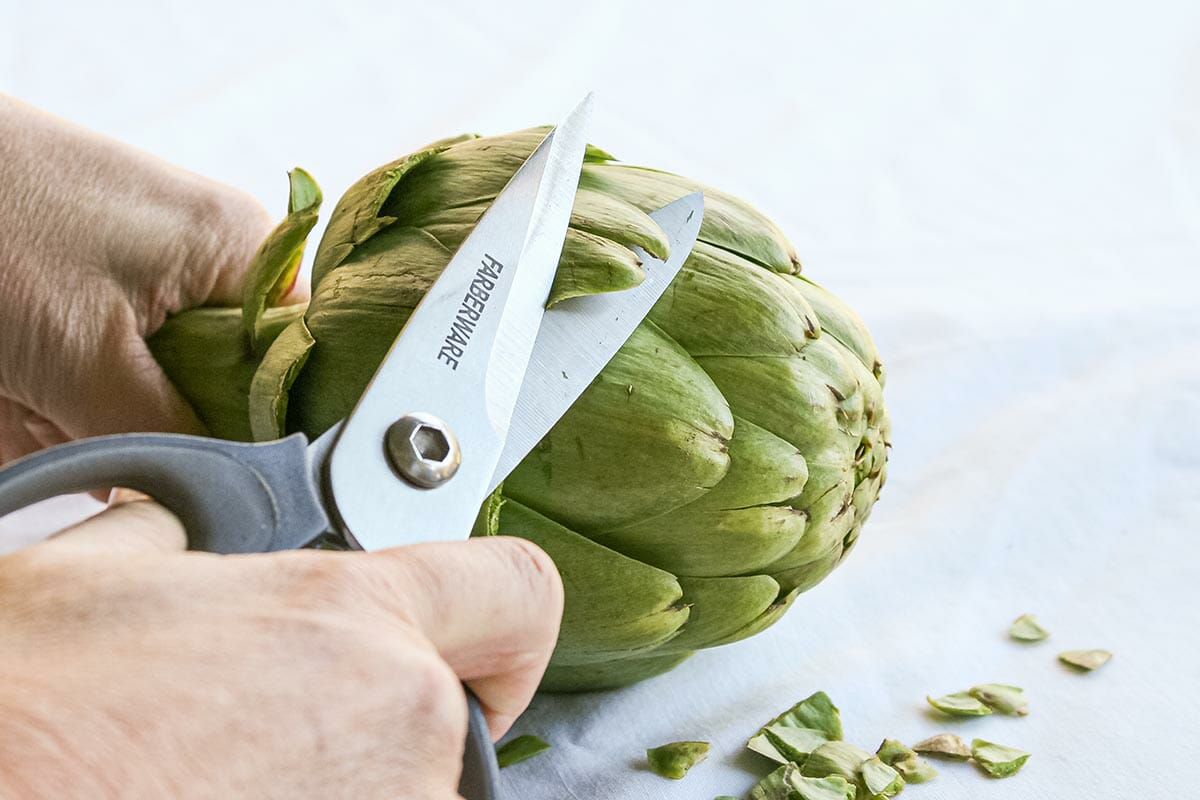
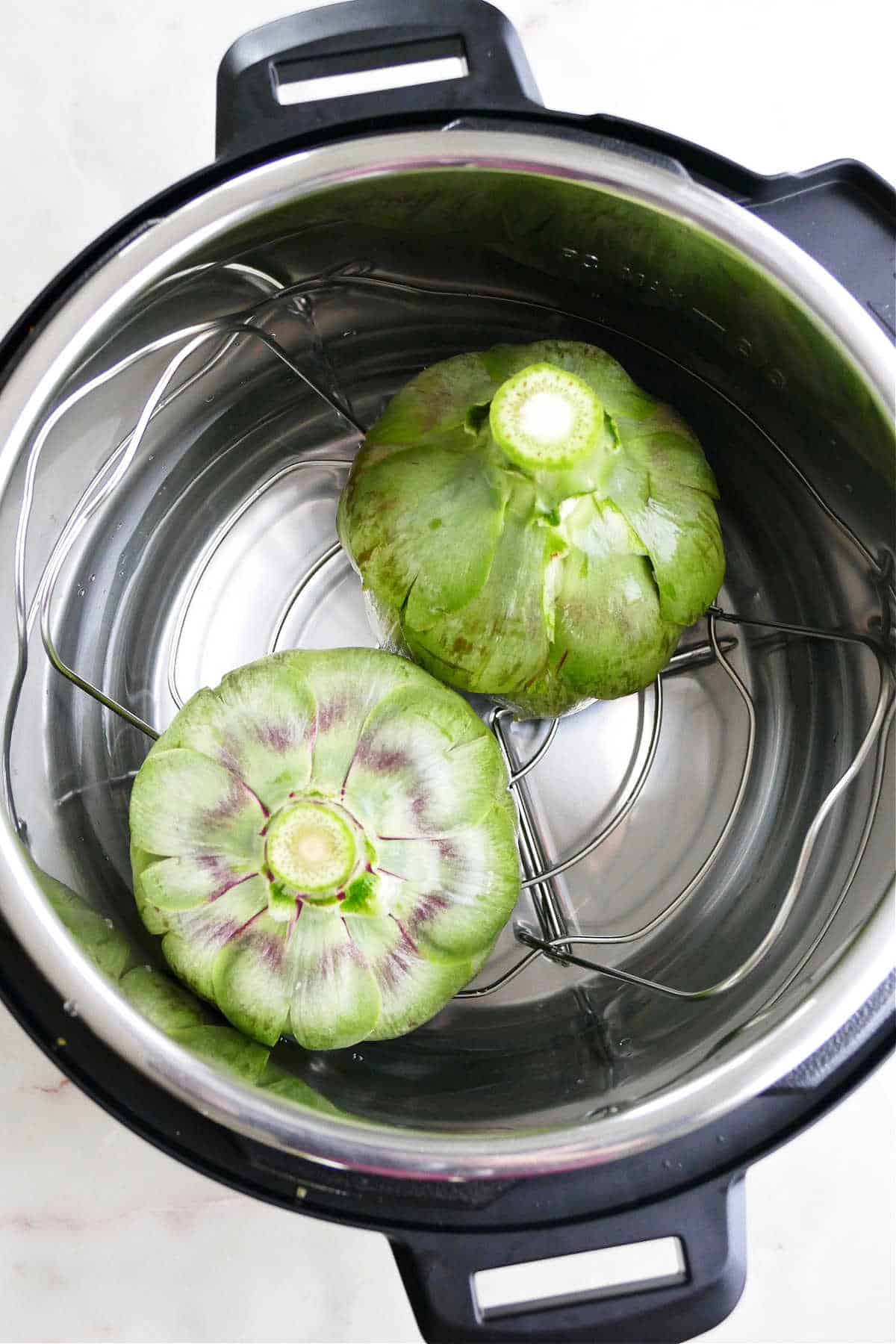
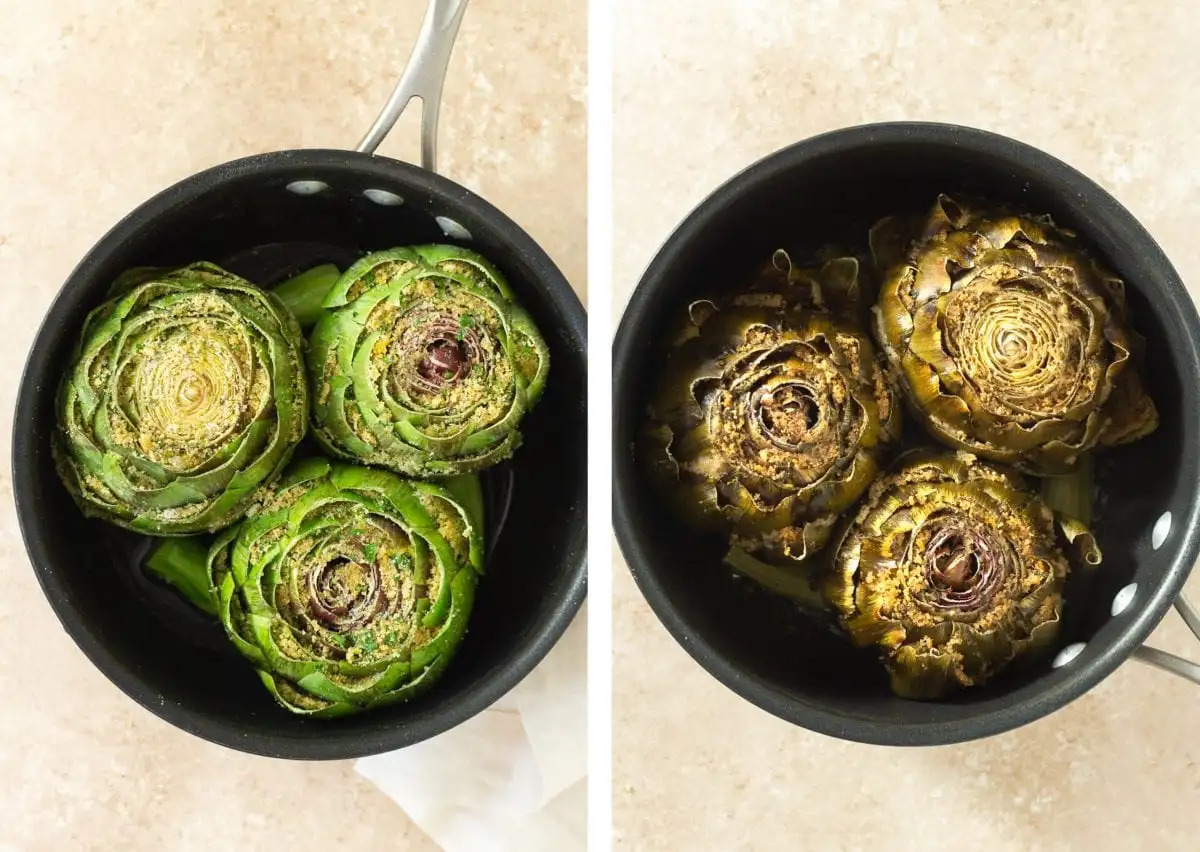
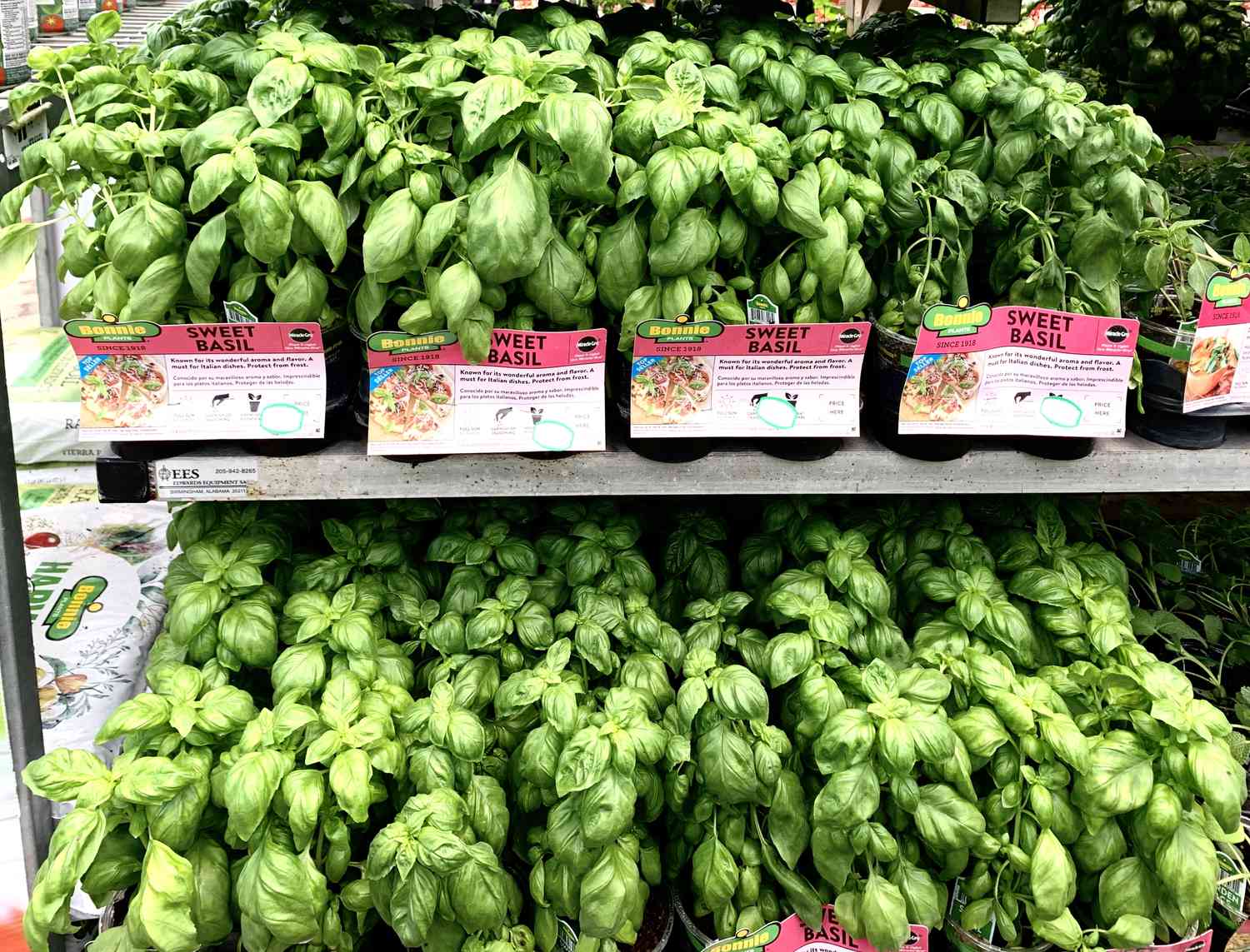

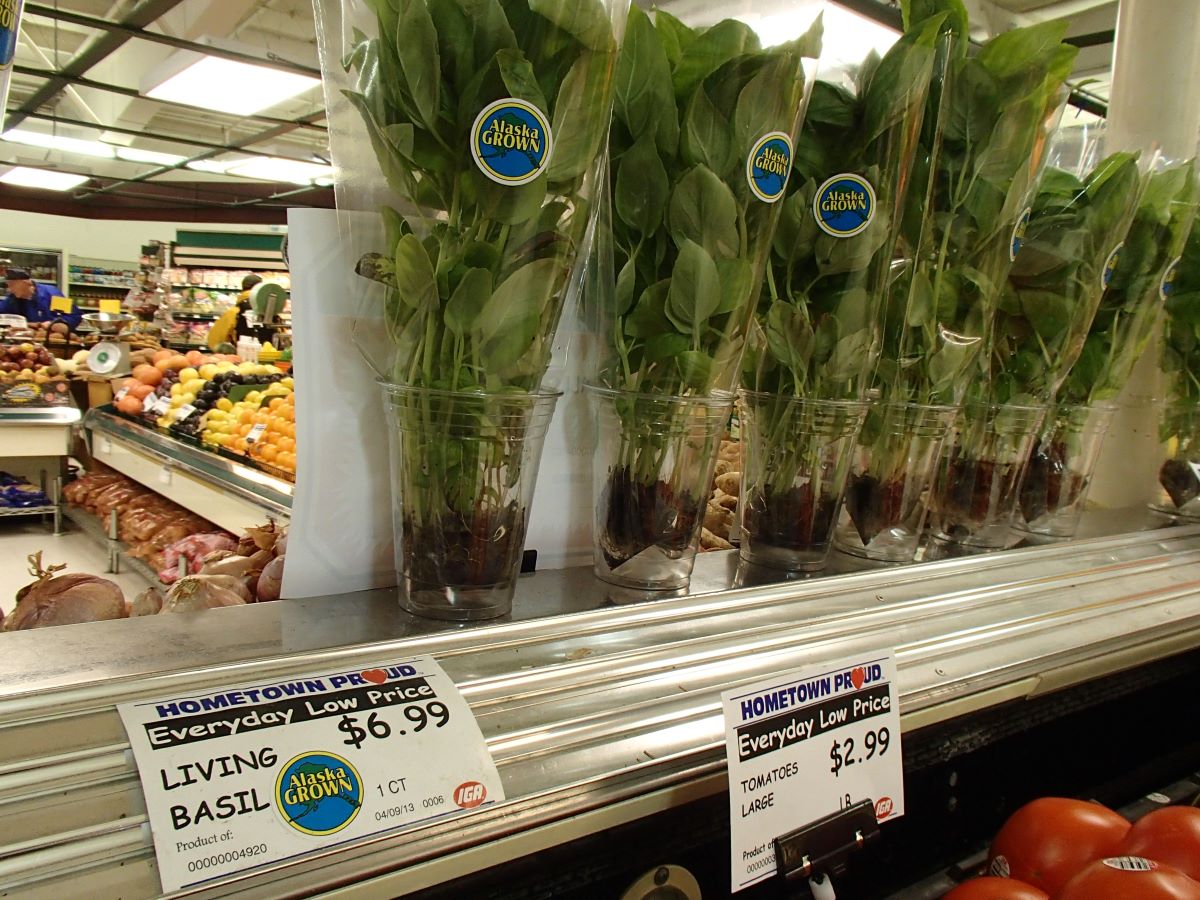

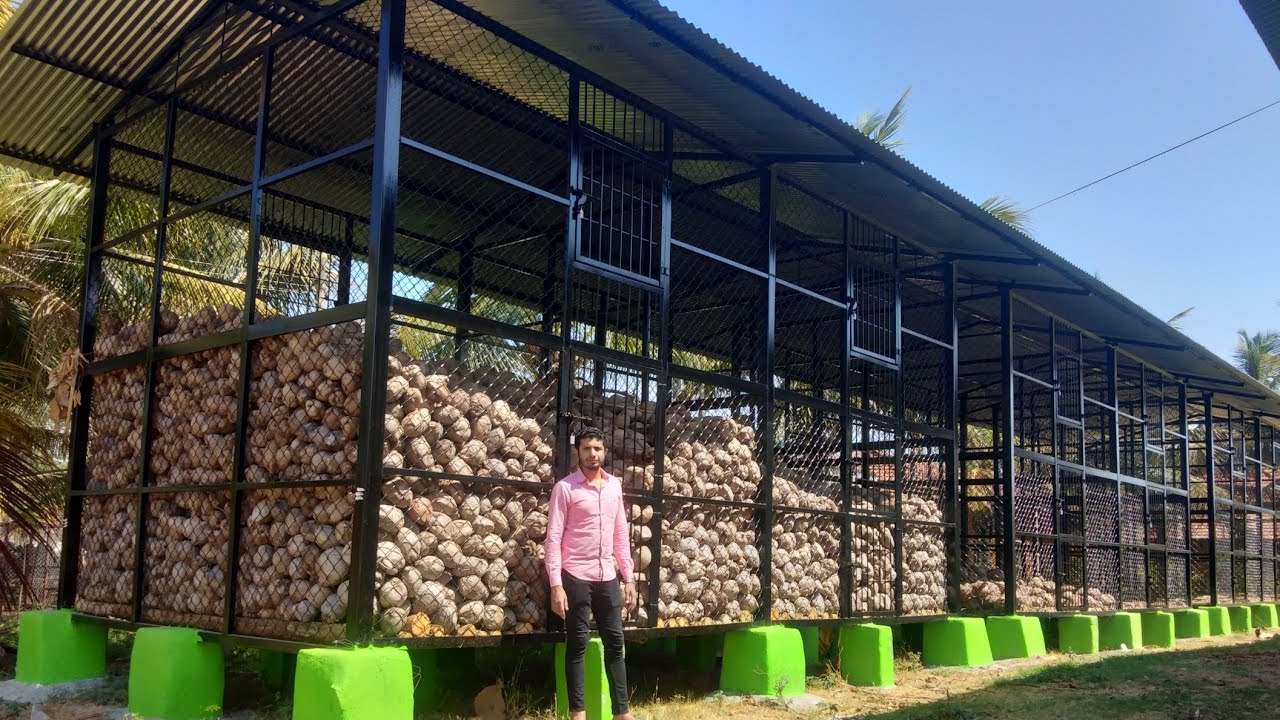
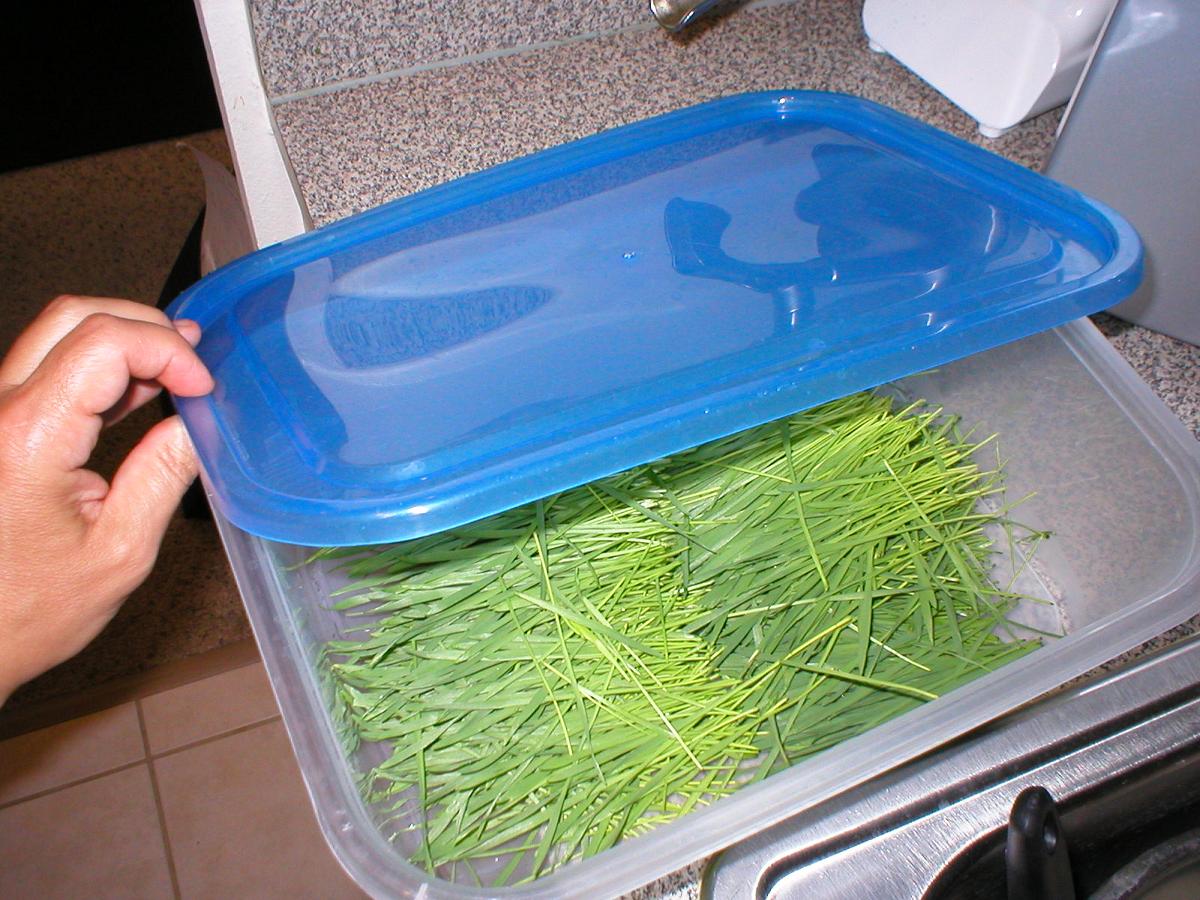

0 thoughts on “How To Store Jerusalem Artichokes”